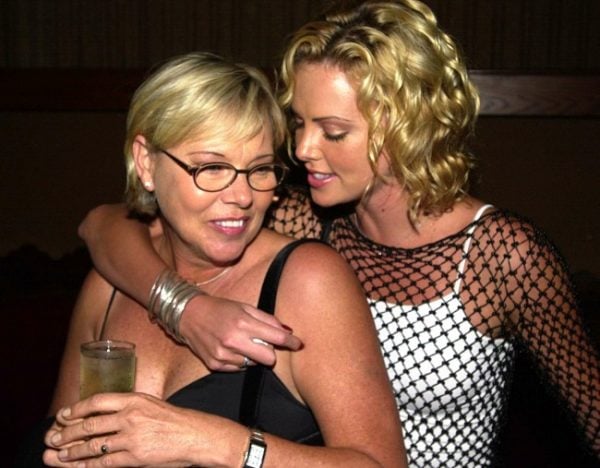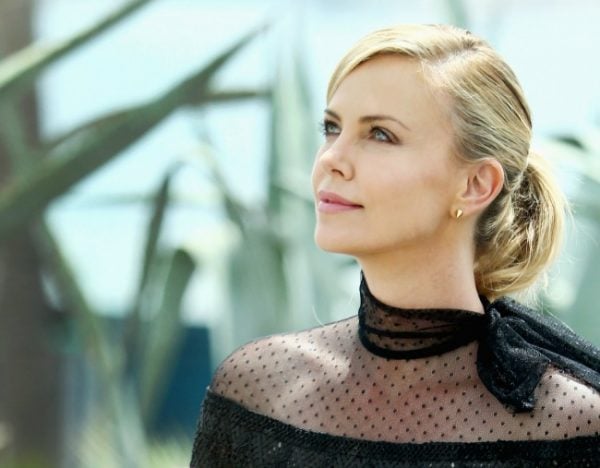“My dad was a big guy, tall, skinny legs, big belly,” Charlize Theron told Diane Sawyer in 2004.
“[He] could be very serious but loved to laugh as well, and enjoyed life. He also had a disease. He was an alcoholic.”
In an industry where press junkets are common, and your private life fodder for public consumption, Charlize Theron is suitably careful about the things she says about her family and in particular, her father.
“It’s not just about me,” she told Sawyer in that same interview. “If it was just about me, I think I could talk about it.”
On the night of June 21, 1991, Theron was 15 and had just returned home from boarding school. Her parents, she once said, had a troubled marriage, though divorce wasn’t a done thing in South Africa at the time.
On that night her father, alongside his brother, returned home after a long night of drinking. Before they arrived, her aunt had called her mother to warn her of their arrival.
“Nature gives you instinct. And I knew something bad was going to happen,” Theron said in 2004.
Charles arrived home with a gun in his hand, and he began shooting without rhyme nor reason. First he shot the gate, then through the kitchen door. Eventually, he made his way to Theron’s bedroom door.
“Tonight I’m going to kill you both with the shotgun,” he said, according to her mother’s testimony.

